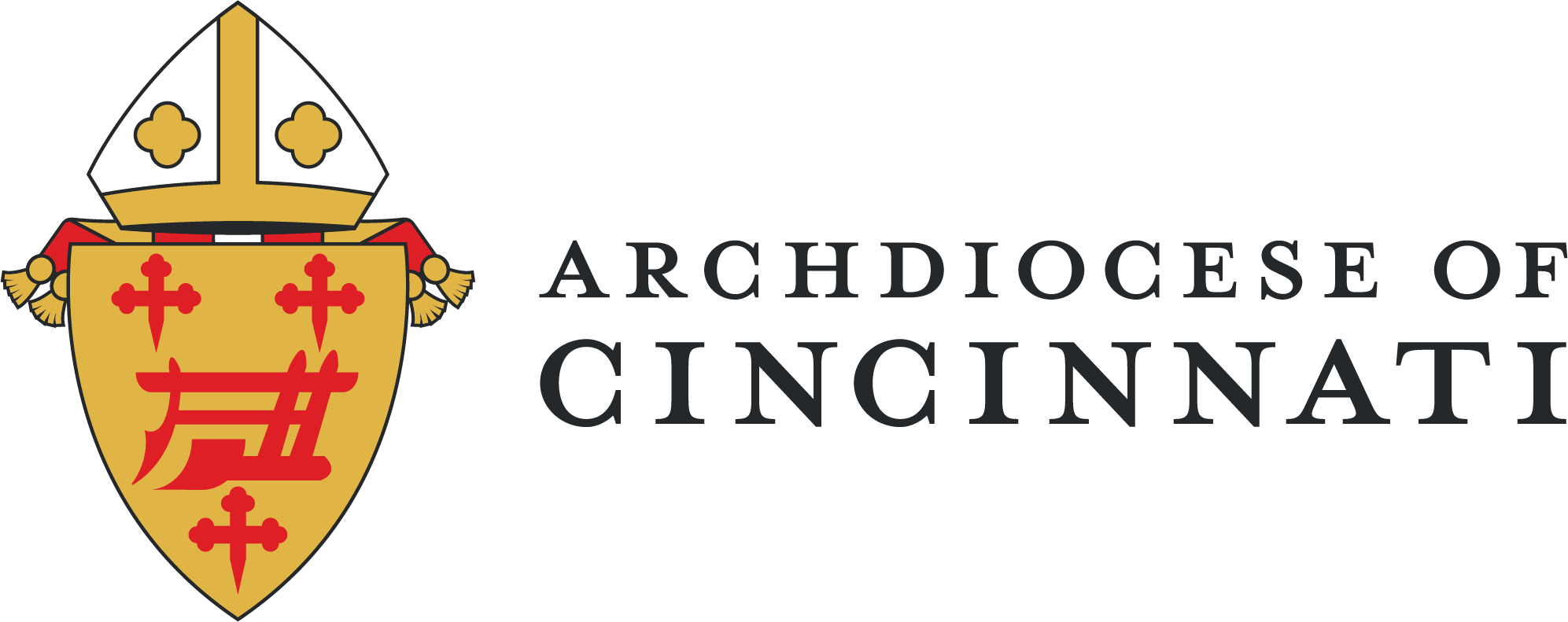As you consider the liturgical calendar for 2024, please be aware of the following:
During the 2024 liturgical year, there are three occasions when feast days are transferred:
• According to the Roman Missal, “Where the Solemnity of the Epiphany is transferred to Sunday, if this Sunday occurs on January 7 or 8, the Feast of the Baptism of the Lord is celebrated on the following Monday” (Proper of Time, emphasis added). Therefore, this Feast will take place on Monday, January 8, 2024, with only one reading before the Gospel. The First Week in Ordinary Time begins on the following day, Tuesday, January 9, and the readings assigned to Monday may be joined to those of Tuesday so that the opening of each book will be read.
• The Solemnity of the Annunciation of the Lord on March 25 is impeded by Monday of Holy Week. According to the Universal Norms on the Liturgical Year and the Calendar, no. 60, the Annunciation is therefore transferred to Monday of the Second Week of Easter, in this case, April 8, 2024.
• Since December 8, 2024 is the Second Sunday of Advent, the Solemnity of the Immaculate Conception of the Blessed Virgin Mary is transferred to Monday, December 9; the obligation to attend Mass, however, does not transfer. While Funeral Masses are not normally permitted on this day, they may take place this year since Immaculate Conception is not a day of precept (General Instruction of the Roman Missal, no. 380). The Optional Memorial of Saint Juan Diego Cuauhtlatoatzin, December 9, is omitted.
There are also three occasions when non-obligatory Solemnities either precede or follow a Sunday: Mary, the Holy Mother of God (Monday, January 1), the Nativity of Saint John the Baptist (Monday, June 24), and Saints Peter and Paul (Saturday, June 29). A more thorough discussion of the issues surrounding consecutive celebrations is found in the May-June 2016 BCDW Newsletter, “The Liturgical Celebration of Consecutive Feast Days (and Nights).” Notably, the document at the heart of that article’s analysis, “De Calendario Liturgico Exarando pro Anno 1984-1985” (Notitiae 20 [1984], 603-605), describes a year that falls almost exactly like 2024!
• On Sunday evening, December 31, the Mass of the Holy Family is celebrated, while at the Liturgy of the Hours Evening Prayer I of the Solemnity of Mary, the Holy Mother of God is used. In celebrations with the people, however, Evening Prayer II of the Holy Family may take place. Because Holy Mary, Mother of God falls on a Monday, the precept to attend Mass is abrogated, and Funeral Masses are permitted.
• On Sunday evening, June 23, the Mass of the 12th Sunday in Ordinary Time is celebrated, though at a Mass outside the usual schedule, the Vigil Mass of the Nativity of Saint John the Baptist may take place. At the Liturgy of the Hours, Evening Prayer I of the Nativity of Saint John is used; nevertheless, Evening Prayer II of the 12th Sunday may take place in celebrations with the people.
• On Saturday evening, June 29, at normally scheduled anticipated Masses, priests should anticipate the Mass of the 13th Sunday of Ordinary Time, though at Masses outside that usual schedule, the Mass of Saints Peter and Paul may be used. At the Liturgy of the Hours, Evening Prayer II of Saints Peter and Paul is used.
The Commemoration of All the Faithful Departed (All Souls’ Day) falls on a Saturday this year, a circumstance which has been more thoroughly treated in the January 2013 BCL Newsletter. On Friday evening, All Saints Day is celebrated at the Mass and the Liturgy of the Hours, though, for pastoral reasons where it is the custom, Evening Prayer II of All Saints may be followed by Evening Prayer for the Dead. On Saturday evening, priests should anticipate the Mass of the 31st Sunday of Ordinary Time at normally scheduled anticipated Masses, though the Mass of All Souls’ Day may be used outside that usual schedule. At the Hours, Evening Prayer I of the 31st Sunday of Ordinary Time is used in individual recitation, though Evening Prayer for the Dead may be used in celebrations with the people.
For assistance with any issues related to the liturgical calendar, please contact the Office for Divine Worship & Sacraments.



